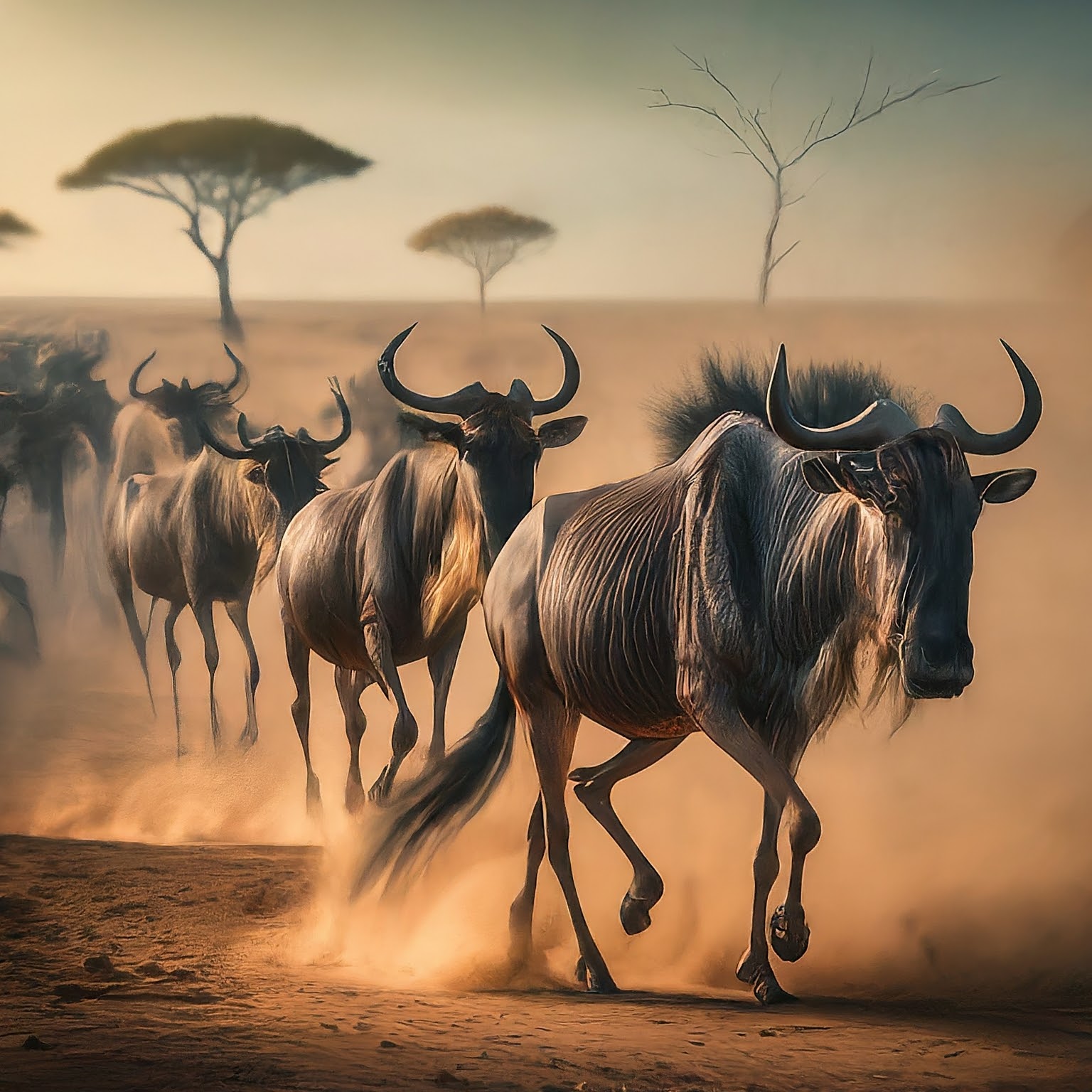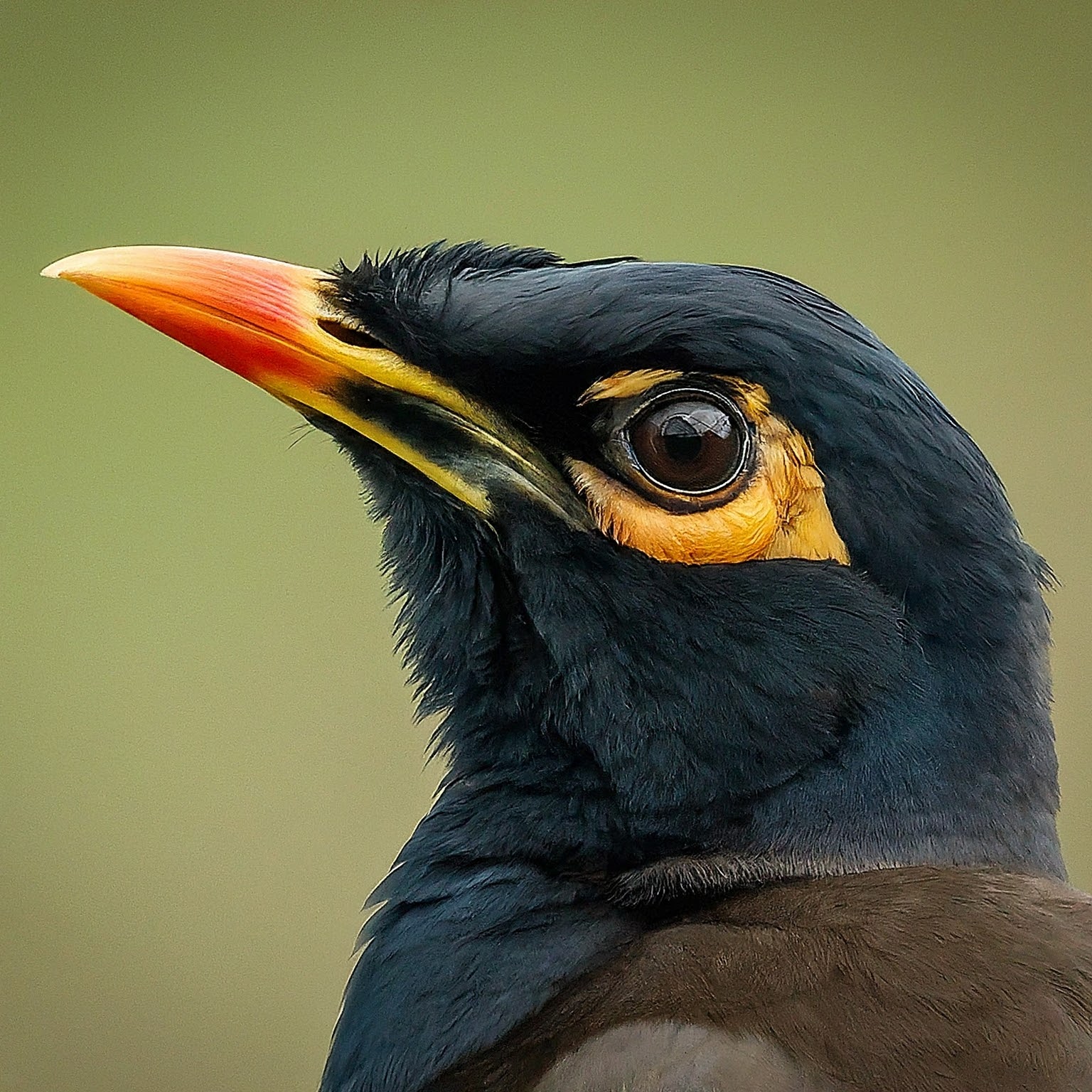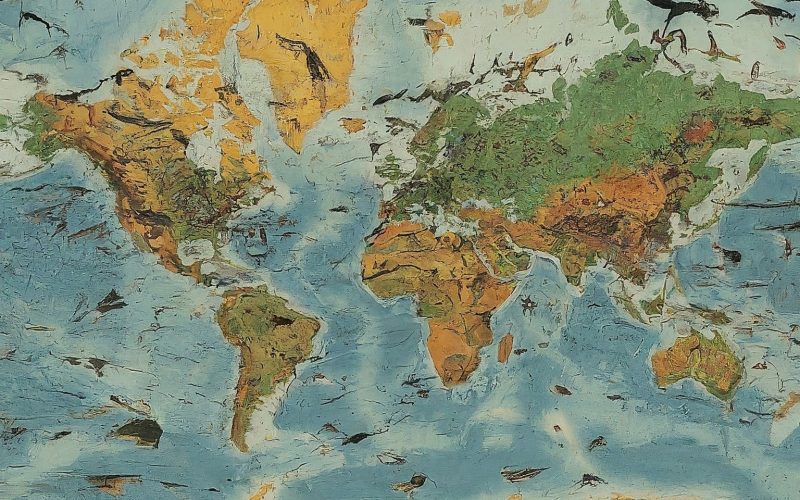Hi everyone, I’m Dr. Amelia Moore, a wildlife veterinarian with over 15 years of experience studying animal migration patterns and their impact on wildlife health. Today, we’ll delve into a fascinating yet concerning aspect: how these epic journeys can become “disease highways.”

Unveiling the Hidden Risks
-
Increased Contact: Animals on the move encounter new species and environments, creating opportunities for pathogens (disease-causing organisms) to jump between hosts.
-
Stressful Conditions: Migration often involves long distances, harsh weather, and limited resources. This weakens immune systems, making animals more susceptible to infections.
-
Dense Populations: Migratory gatherings, like stopover points and breeding grounds, concentrate large numbers of animals, facilitating rapid disease transmission.
A Look at the Impact
| Impact Area | Potential Consequences |
|---|---|
| Animal Welfare | Increased illness and mortality rates in wild animal populations |
| Agriculture | Spread of livestock diseases, economic losses for farmers |
| Public Health | Emergence of zoonotic diseases (transferable from animals to humans) |
A Comparative View
| Feature | Traditional View of Migration | Modern View of Migration |
|---|---|---|
| Focus | Ecological wonder | Ecological wonder intertwined with disease risks |
| Animal Health | Not a primary concern | A crucial factor affecting animal populations and human health |
| Management Strategies | Habitat protection, species conservation | + Disease surveillance and control measures |

Understanding the Risks is Key
By acknowledging the disease risks associated with migration, we can develop comprehensive solutions. This includes:
- Strengthening wildlife disease surveillance: Early detection and intervention are crucial for mitigating outbreaks.
- Supporting research on zoonotic diseases: Understanding how diseases jump species helps us predict and prevent future pandemics.
- Promoting sustainable agriculture practices: Biosecurity measures and vaccination plans for livestock minimize the risk of spillover to wildlife populations.
Moving Forward Together
Animal migrations are awe-inspiring spectacles. However, understanding the potential for disease transmission allows us to strike a balance between protecting wildlife, safeguarding agricultural industries, and ensuring public health. Through collaborative efforts, we can ensure these journeys remain wondrous adventures for animals and a testament to the interconnectedness of our planet.
Conclusion
Dr. Amelia Moore’s article sheds light on the complex relationship between animal migrations and disease. By raising awareness and advocating for responsible solutions, we can ensure these incredible journeys continue without jeopardizing animal welfare, agricultural well-being, and public health.












